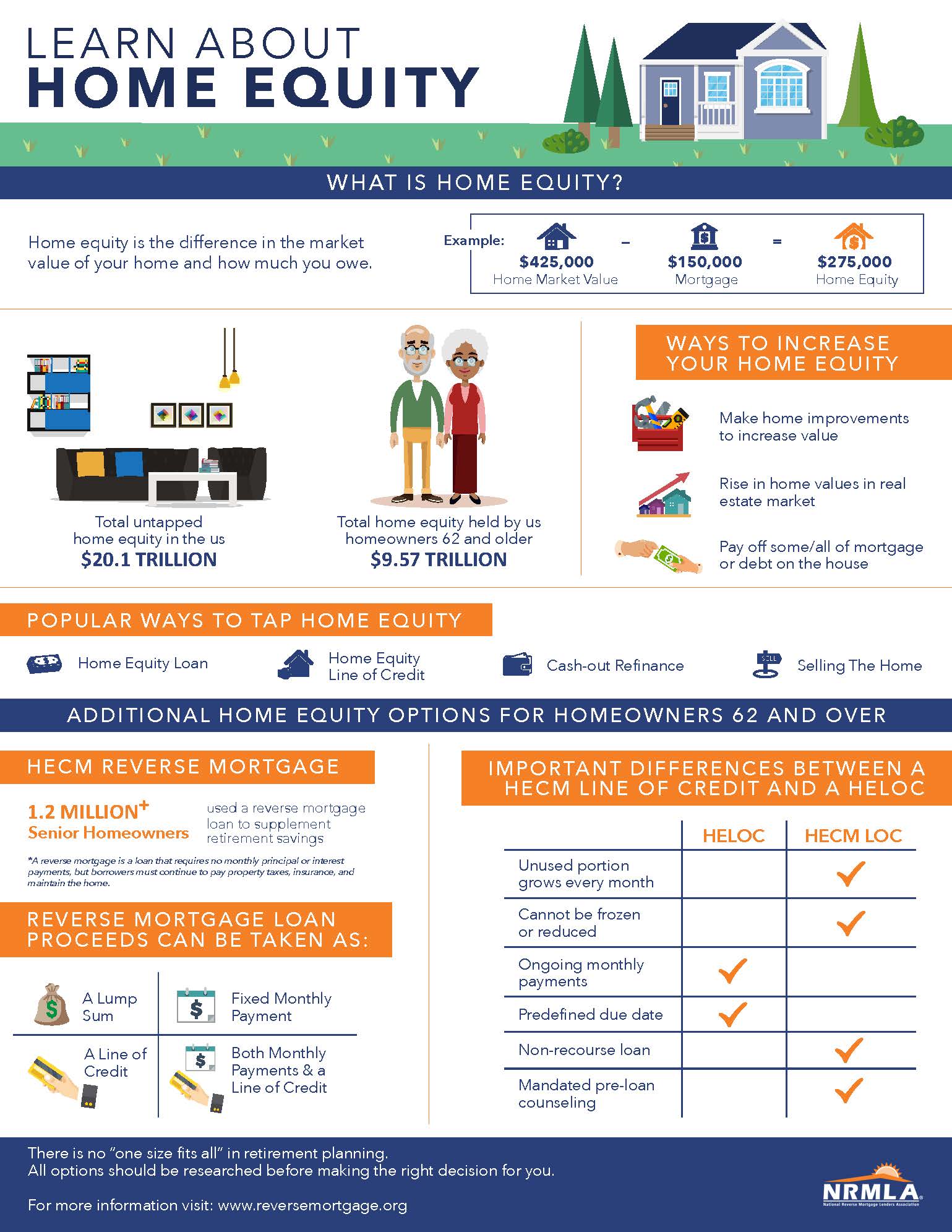Are Equity Release Mortgages the Most Suitable Option for You?
Are Equity Release Mortgages the Most Suitable Option for You?
Blog Article
Exploring the Different Sorts Of Equity Release Mortgages Available Today
Equity Release mortgages existing various alternatives for house owners aged 55 and over. equity release mortgages. These monetary items accommodate various demands and preferences, permitting individuals to accessibility funds from their building. From lifetime home mortgages to shared admiration home loans, each type offers unique benefits. Recognizing these options is essential for making notified choices. What factors should one think about when selecting the most ideal equity Release plan? The information that comply with might shed light on this essential subject
Recognizing Equity Release Mortgages
Equity Release home mortgages supply home owners, typically those aged 55 and over, with a way to access the worth locked up in their residential property without requiring to sell it. This economic option allows people to convert a portion of their home equity right into cash money, which can be made use of for different purposes, such as home improvements, repaying debts, or financing retirement.Equity Release can take different types, however it fundamentally includes loaning against the value of the home while keeping ownership. Property owners can pick to obtain a swelling sum or a series of smaller repayments, relying on their economic demands and preferences.Additionally, the amount offered for Release is affected by the residential property's worth, the property owner's age, and specific lender standards. In general, understanding equity Release home loans is necessary for house owners to make educated decisions about tapping right into their home's equity while considering the lasting implications.
Lifetime Mortgages
Life time mortgages represent one of the most popular forms of equity Release. This economic item allows house owners, normally aged 55 or older, to borrow versus the worth of their residential property while preserving ownership. The car loan, which is protected against the home, accrues rate of interest over time but does not need monthly repayments. Rather, the financing and built up passion are repaid when the home owner dies or relocates into long-term care.Lifetime home mortgages provide adaptability, as customers can pick to obtain a round figure or opt for a drawdown facility, accessing funds as required. Notably, numerous strategies featured a no-negative-equity guarantee, guaranteeing that borrowers will never ever owe greater than the value of their home. This attribute offers assurance, permitting individuals to appreciate their retirement without the worry of diminishing their estate. Overall, life time home loans act as a sensible option for those looking for economic assistance in later life.
Home Reversion Plans

Drawdown Life Time Mortgages
While numerous property owners look for ways to access their riches, drawdown lifetime mortgages present a versatile option that allows individuals to Release funds slowly. This type of equity Release home mortgage enables homeowners to borrow versus the value of their building while keeping possession. Unlike standard lifetime mortgages, drawdown plans allow consumers to access a section of their equity upfront and take out extra funds as needed, approximately a predetermined limit.This attribute can be particularly useful for those that want to manage their funds meticulously, as it reduces passion build-up by only charging passion on the amounts attracted. In addition, drawdown life time home loans frequently include a "no negative equity warranty," ensuring that debtors will never owe even more than their home's value. This option fits retired people who desire financial protection and flexibility, allowing them to satisfy unforeseen expenses or keep their way of living without having to offer their property.
Enhanced Lifetime Mortgages
Enhanced Life time Mortgages provide unique advantages for qualified house owners looking for to Release equity from their properties. Recognizing the eligibility criteria is important, as it determines that can gain from these specialized finances. Nevertheless, it is likewise crucial to examine the prospective disadvantages connected with boosted options, making sure a well-shaped point of view on their usage.
Qualification Standards Explained
Comprehending the eligibility criteria for Improved Life time Mortgages is essential for potential candidates looking for to access the equity in their homes. Normally, candidates should be aged 55 or older, as this age demand is standard in the equity Release market. Homeowners ought to have a property valued at a minimum limit, which can vary by loan provider. Notably, the home has to be their primary home and in great problem. Lenders commonly examine the homeowner's health condition, as certain health problems might enhance eligibility and benefits. Additionally, applicants need to not have existing substantial debts secured against the building. Meeting these standards allows people to discover Boosted Life time Mortgages as a sensible option for accessing funds locked up in their homes.
Benefits of Boosted Mortgages
After making clear the eligibility criteria, it ends up being apparent that Improved Lifetime Home loans use several substantial benefits for house owners seeking to leverage their residential property equity. Mainly, they provide access to a larger lending amount contrasted to common lifetime home mortgages, benefiting those with wellness conditions or age-related factors that raise their life expectations risk. This enhanced borrowing ability allows home owners to meet numerous financial demands, such as home improvements or retirement costs. Additionally, these mortgages commonly come with flexible settlement choices, enabling customers to manage their finances better. The no-negative-equity assurance additionally guarantees that homeowners will never ever owe even more than their building's worth, giving assurance. In General, Boosted Lifetime Home mortgages provide a compelling alternative for eligible property owners looking for financial services.
Potential Drawbacks Taken Into Consideration
While Enhanced Lifetime Mortgages offer many benefits, possible downsides necessitate mindful factor to consider. One significant concern is the effect on inheritance; the equity launched reduces the worth of the estate entrusted to beneficiaries. Furthermore, these mortgages can accrue significant passion with time, bring about a considerable financial obligation that might surpass the initial lending quantity. There might additionally be restrictions on residential or commercial property alterations or rental, restricting home owners' adaptability. Additionally, enhanced items typically call for specific wellness conditions, indicating not all homeowners will certainly certify. Ultimately, taking care of the fees and costs connected with these home mortgages can be complicated, potentially causing unforeseen costs. Therefore, people must extensively evaluate their circumstance and seek advice from economic experts before continuing.
Shared Admiration Home Mortgages
Shared Appreciation Home mortgages represent an unique economic arrangement that allows property owners to access equity while sharing future home value boosts with the lending institution. This strategy uses prospective advantages such as minimized regular monthly payments, but it also features drawbacks that need to be carefully considered. Recognizing the qualification needs is important for those interested in this option.
Idea Review
Equity Release mortgages, particularly in the type of common recognition home mortgages, use home owners an unique monetary remedy that allows them to accessibility funds by leveraging the value of their building. In this arrangement, a loan provider gives a car loan to the homeowner, which is typically paid off via a share of the building's future admiration in value. This suggests that when the homeowner sells the residential property or passes away, the loan provider receives a percent of the boosted worth, rather than simply the preliminary lending amount. Shared admiration mortgages can be appealing for those wanting to supplement their earnings or money significant expenditures while keeping possession of their home. The economic ramifications of shared appreciation have to be thoroughly taken into consideration by possible consumers.
Advantages and Downsides
Common appreciation mortgages can give significant economic advantages, they additionally come with notable drawbacks that possible borrowers should consider. These home mortgages enable homeowners to accessibility equity in their properties while sharing a part of any future gratitude with the lender. This arrangement can be useful during times of climbing residential or commercial property worths, offering considerable funds without monthly payments. However, the major downside is the prospective loss of equity; house owners may end up with considerably decreased inheritance for heirs. In addition, the complexity of the terms can cause misunderstandings regarding payment commitments and the portion of recognition owed. Therefore, it is essential for debtors to consider these elements thoroughly prior to dedicating to a shared appreciation home mortgage.
Eligibility Demands
What criteria must home owners meet to qualify for a shared gratitude home loan? Mainly, candidates need to go to least 55 years of ages, guaranteeing they are within the target market for equity Release items. Additionally, the residential or commercial property should be their main house and generally valued over a specified minimum limit, usually around ? 100,000. Lenders also evaluate the homeowner's financial scenarios, including revenue and arrearages, to determine they can manage the home loan responsibly. Notably, the residential property must remain in good condition and without considerable legal encumbrances. Property owners must also have a clear understanding of the terms, consisting of just how recognition will be shown the lender upon sale or transfer of the home, as this impacts read total returns.
Choosing the Right Equity Release Alternative

Frequently Asked Inquiries
What Age Do I Need to Be for Equity Release?
The age requirement for equity Release generally begins at 55 for many strategies. However, some service providers might provide alternatives for those aged 60 and above, reflecting differing terms based on private circumstances and loan provider plans.
Will Equity Release Influence My Inheritance?
Equity Release can influence inheritance, as the quantity obtained plus interest decreases the estate's worth. Heirs may obtain much less than anticipated, depending upon the building's gratitude and the overall financial debt at the time of passing.
Can I Move House With Equity Release?
The concern of relocating residence with equity Release arises often. Normally, people can move their equity Release strategy to a brand-new residential or commercial property, however details conditions may use, needing appointment with the lender for support.
Exist Costs Linked With Equity Release Mortgages?
Costs connected with equity Release home mortgages can consist of setup costs, evaluation costs, and lawful prices. In addition, there might be early payment costs, which can influence the general expense and monetary implications for the customer.
Exactly How Does Equity Release Effect My Tax Scenario?
Equity Release can impact one's tax circumstance by potentially boosting taxable revenue, as released funds are taken into consideration capital. Nonetheless, it typically does not sustain immediate tax obligation liabilities, making it vital to seek advice from a financial consultant for tailored assistance.
Final thought
In recap, the selection of equity Release mortgages offered today supplies homeowners aged 55 and over multiple pathways to access their building's value - equity release mortgages. Whether opting for a lifetime home loan, home reversion strategy, or various other choices, each alternative presents distinct benefits tailored to individual financial requirements. Cautious factor to consider and examination with an economic expert are necessary to guarantee the chosen equity Release solution aligns with personal objectives and economic conditions, inevitably promoting educated decision-making for a safe and secure economic future. Equity Release home loans present various alternatives for home owners aged 55 and over. Equity Release home loans supply property owners, usually those aged 55 and over, with a way to access the value linked up in their residential property without requiring to sell it. Enhanced Life time Home loans provide distinctive benefits for eligible equity release mortgages homeowners looking for to Release equity from their buildings. Equity Release mortgages, specifically in the form of common recognition mortgages, supply house owners a distinct economic service that permits them to gain access to funds by leveraging the worth of their residential property. In summary, the selection of equity Release home loans available today supplies property owners aged 55 and over numerous pathways to access their building's value
Report this page